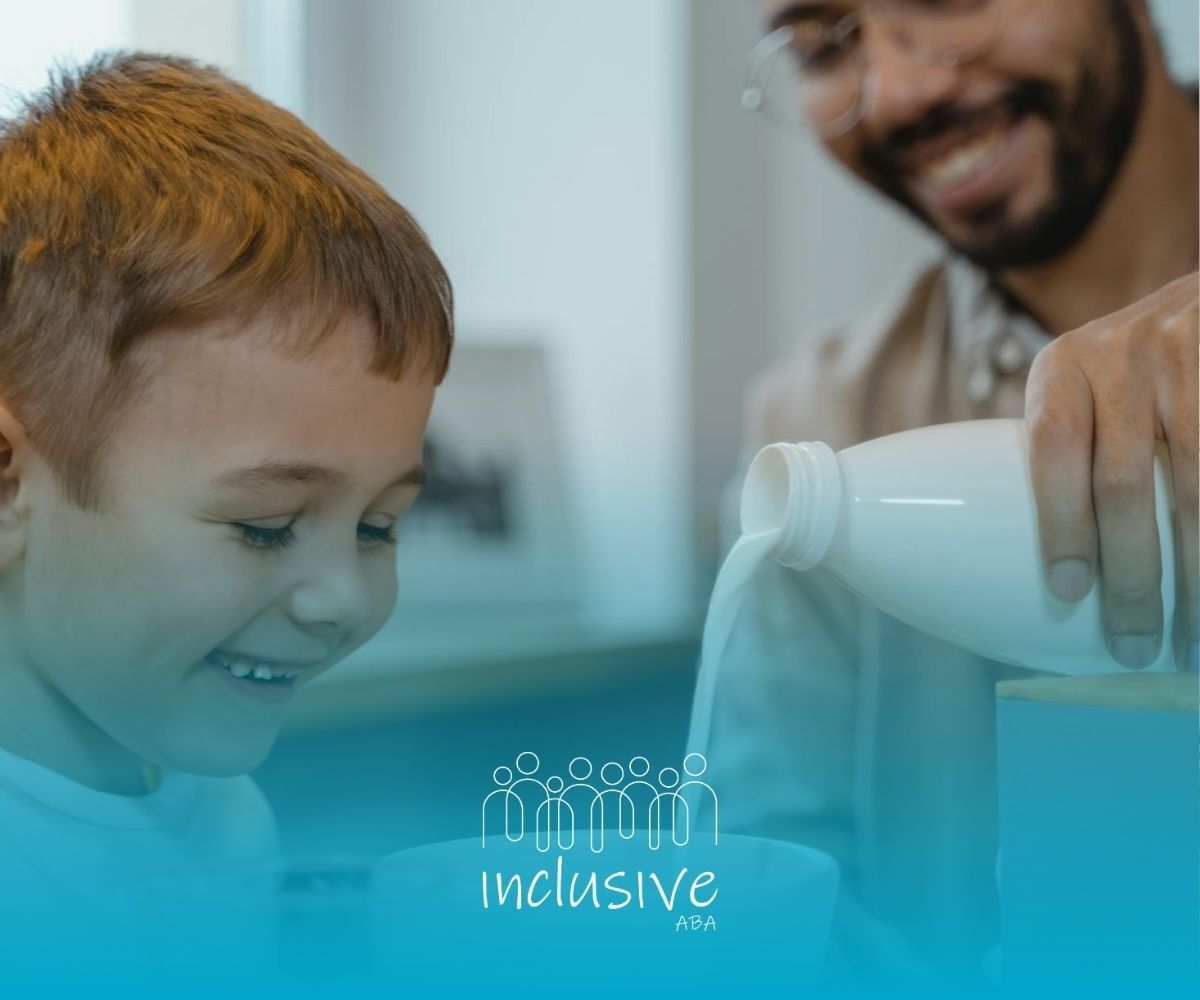
Best Jobs for Autistic Adults: Careers That Suit Their Strengths
Finding the right job is crucial for everyone, but for autistic adults, certain work environments can be more challenging than others. Many autistic individuals excel in careers that align with their unique strengths, such as attention to detail, deep focus, structured tasks, and independent work.
While some jobs may present challenges due to excessive social interaction, sensory overload, or high-pressure decision-making, there are many career paths that offer a supportive and accommodating environment.
In this article, we’ll explore the best jobs for autistic adults, highlighting careers that provide structure, predictability, and opportunities to thrive.
What Makes a Job Ideal for Autistic Adults?
While every autistic individual is different, some key characteristics make certain jobs more suitable, including:
- Clear Structure & Routine: Jobs with well-defined tasks and predictable schedules can reduce anxiety.
- Minimal Sensory Overload: Work environments that are quiet, low-stimulation, or controlled can be more comfortable.
- Independent Work Opportunities: Roles that allow focus and minimize excessive social interaction may be a better fit.
- Detail-Oriented Tasks: Many autistic individuals excel in jobs requiring precision and deep concentration.
- Accommodating Workplaces: Employers who provide reasonable accommodations, such as quiet spaces or flexible schedules, can greatly improve job success.
Top 15 Best Jobs for Autistic Adults
1. Data Analyst
Why It’s a Good Fit:
- Requires strong attention to detail and pattern recognition
- Work is structured and often independent
- Limited need for extensive social interaction
2. Computer Programmer / Software Developer
Why It’s a Good Fit:
- Structured, logic-based work with clear rules
- Opportunities for remote work
- Minimal workplace distractions in many tech companies
3. Librarian or Archivist
Why It’s a Good Fit:
- Involves organization, cataloging, and quiet environments
- Predictable work schedules
- Limited social interaction compared to customer service jobs
4. Graphic Designer
Why It’s a Good Fit:
- Allows creativity and independent work
- Many positions offer freelance or remote opportunities
- Structured projects with clear deadlines
5. Laboratory Technician
Why It’s a Good Fit:
- Follows a structured process with repetitive tasks
- Minimal customer interaction
- Clear expectations and scientific accuracy required
6. Accountant or Bookkeeper
Why It’s a Good Fit:
- Involves numbers, calculations, and structured workflows
- Many roles allow independent work
- Predictable, logical, and organized tasks
7. Technical Writer
Why It’s a Good Fit:
- Requires strong focus and attention to detail
- Involves research and clear communication rather than social interaction
- Many opportunities for remote work
8. Research Scientist
Why It’s a Good Fit:
- Requires deep focus and logical thinking
- Involves structured experiments and data analysis
- Minimal need for social engagement outside of research teams
9. Mechanic or Auto Technician
Why It’s a Good Fit:
- Hands-on work with clear problem-solving tasks
- Minimal social interaction compared to office jobs
- Structured process for diagnosing and fixing mechanical issues
10. Video Game Tester / Quality Assurance Analyst
Why It’s a Good Fit:
- Involves repetitive, detail-oriented testing tasks
- Focuses on logic, patterns, and technical troubleshooting
- Often allows for remote or independent work
11. Pet Groomer or Animal Care Worker
Why It’s a Good Fit:
- Focuses on working with animals rather than people
- Requires structured routines and hands-on work
- Offers a calm and rewarding work environment
12. Math Tutor or Private Educator
Why It’s a Good Fit:
- Involves structured teaching methods and logical thinking
- Can work one-on-one rather than in large groups
- Opportunities for flexible work schedules
13. Museum Technician or Curator
Why It’s a Good Fit:
- Involves handling artifacts, cataloging, and organization
- Predictable and structured work environment
- Limited social interaction required
14. Drone Operator or Photographer
Why It’s a Good Fit:
- Involves working independently with technology
- Allows for structured tasks and creative expression
- Minimal workplace distractions and social demands
15. Medical Records Technician
Why It’s a Good Fit:
- Focuses on organizing and managing patient records
- Minimal customer interaction required
- Involves structured and repetitive data entry tasks
How to Find a Job That Fits Your Strengths
Autistic adults can take several steps to find a career that aligns with their skills and needs:
- Identify Strengths & Interests: Understanding personal strengths (such as attention to detail or problem-solving) can help guide career choices.
- Seek Autism-Friendly Employers: Some companies actively support neurodiverse employees and provide accommodations.
- Consider Remote Work: Many tech, writing, and design jobs allow for remote work, reducing sensory overload.
- Request Workplace Accommodations: Asking for modifications, such as noise-reducing headphones or written instructions, can help improve job performance.
- Use Job Placement Services: Organizations like Vocational Rehabilitation Services or autism employment programs can assist in job searches.
Final Thoughts
Finding the right job as an autistic adult is about matching strengths with workplace environments that provide structure, predictability, and accommodations when needed. Many careers allow for independent work, deep focus, and minimal sensory overload, helping autistic individuals succeed and thrive.
At Inclusive ABA, we help autistic individuals develop skills that support workplace success. Our therapy programs focus on social skills, executive functioning, and adaptive behaviors to help individuals navigate employment challenges. Contact us to learn how we can support you or your loved one in finding meaningful work.
Frequently Asked Questions (FAQs)
What jobs should autistic adults avoid?
Autistic adults may struggle in jobs with excessive social interaction, high-pressure multitasking, or unpredictable environments, such as retail, call centers, or emergency services.
How can an autistic adult succeed in the workplace?
Success can be improved with structured routines, clear expectations, workplace accommodations, and jobs that align with strengths. Seeking autism-friendly employers can also be beneficial.
Are there organizations that help autistic adults find jobs?
Yes! Programs like Vocational Rehabilitation Services, Autism Speaks Workplace Inclusion programs, and local disability employment centers offer job placement assistance.
Sources:
- http://www.bluejayaba.com/
- https://www.medicalnewstoday.com/articles/sensory-overload
- https://www.open.edu/openlearn/mod/oucontent/view.php?id=67018§ion=2.2
- https://www.autism.org.uk/advice-and-guidance/topics/behaviour/organising-and-prioritising/all-audiences
- https://pmc.ncbi.nlm.nih.gov/articles/PMC9579965/
- https://mn.gov/deed/job-seekers/disabilities/
Looking for Expert Help? We're Here for You!
Our compassionate and skilled team is devoted to enhancing your child's development through customized ABA therapy. Let us partner with you to create a supportive environment for your child's success.
Discover how we can help your family thrive with expert ABA therapy.
Send a Fax
303-616-1189
Mon-Fri: 9Am to 5.30 Pm
Sat- Sun: Closed












